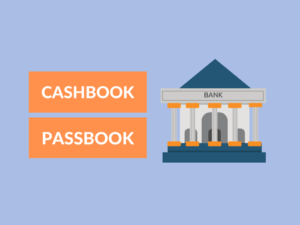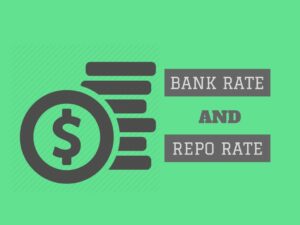Difference between Cash Book and Pass Book
The management of financial transactions is crucial for every business, and to keep track of cash and banking activities, two important books are employed: the Cash Book and the Pass Book. Both these books serve different purposes and have distinct characteristics. In this article, we will explore the differences between Cash Book and Pass Book, their uses, and provide examples to illustrate their functions.
What is a Cash Book?
The Cash Book is a ledger used by businesses to record and track cash transactions. It serves as the primary record of all cash inflows and outflows, including sales, expenses, and payments made or received in cash. The Cash Book is updated on a daily basis and provides an overview of the financial position of the organization.
Examples of Cash Book
Here are a few examples of cash transactions that are recorded in the Cash Book:
- Receipts from cash sales
- Payments made for expenses in cash
- Cash received from debtors
- Withdrawals of cash from the bank
Uses of Cash Book
The Cash Book serves several purposes, including:
- Maintaining a record of cash transactions
- Monitoring cash inflows and outflows
- Assisting in the preparation of financial statements
- Identifying discrepancies and errors in cash transactions
What is a Pass Book?
The Pass Book, also known as a Bank Statement or Bank Pass Book, is a record provided by the bank to account holders. It contains a summary of all banking transactions, including deposits, withdrawals, interest earned, and bank charges. The Pass Book is updated by the bank and serves as a proof of the account holder’s transactions.
Examples of Pass Book
Here are a few examples of activities recorded in the Pass Book:
- Deposits made into the account
- Withdrawals made from the account
- Interest earned on deposits
- Charges for services provided by the bank
Uses of Pass Book
The Pass Book serves several purposes, including:
- Providing a summary of banking transactions
- Verifying the accuracy of transactions
- Checking for unauthorized transactions
- Assisting in the reconciliation of bank balances
Differences between Cash Book and Pass Book
| Difference Area | Cash Book | Pass Book |
|---|---|---|
| Record Ownership | Owned and maintained by the business | Owned and maintained by the bank |
| Source of Information | Internal transactions of the business | Bank transactions related to the account |
| Updates | Updated by the business | Updated by the bank |
| Frequency of Updates | Daily | As per bank statement generation |
| Authoritative Record | Not an authoritative record | Considered an authoritative record |
| Purpose | Internal record-keeping and accounting | Bank account management and reconciliation |
| Verification | Compared with bank statement to detect errors | Verified against transactions made by the account holder |
| Accessibility | Available only to the business | Available to the account holder and the bank |
| Format | Varies based on the business’s preference | Standardized format provided by the bank |
| Control | The business has control over the Cash Book | The bank has control over the Pass Book |
Conclusion
In conclusion, the Cash Book and Pass Book serve different purposes and are used for distinct aspects of financial management. The Cash Book is an internal record maintained by the business to track cash transactions, while the Pass Book is a bank-provided record of banking transactions related to the account. The differences between the two include ownership, source of information, updates, frequency of updates, authoritative record status, purpose, verification process, accessibility, format, and control.
People Also Ask
Here are some common questions related to Cash Book and Pass Book:
1. What happens if there is a discrepancy between the Cash Book and Pass Book?
If there is a discrepancy between the Cash Book and Pass Book, it indicates an error or omission in either the business’s record-keeping or the bank’s transaction recording. It is necessary to identify and rectify the discrepancy to ensure accurate financial management.
2. Can the Cash Book and Pass Book be used interchangeably for reconciliation?
No, the Cash Book and Pass Book cannot be used interchangeably for reconciliation. The Cash Book represents the internal record of cash transactions, while the Pass Book represents the bank’s recorded transactions. Both books need to be reconciled separately to ensure accuracy.
3. What happens if there are unauthorized transactions in the Pass Book?
If there are unauthorized transactions in the Pass Book, it is crucial to contact the bank immediately to report the issue. The bank will investigate the matter and take appropriate actions to rectify the unauthorized transactions.
4. Can a business function without a Cash Book?
While it is not advisable, a business can function without a Cash Book. However, it becomes challenging to track cash transactions accurately, monitor cash flows, and identify errors or discrepancies without a dedicated record like the Cash Book.
5. Are there any legal requirements for maintaining a Pass Book?
There are no legal requirements specifically for maintaining a Pass Book. However, it is essential for individuals and businesses to keep their Pass Book updated and reconcile it regularly to ensure the accuracy of banking transactions and financial records.




